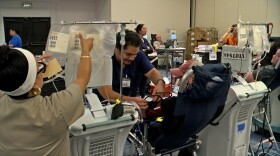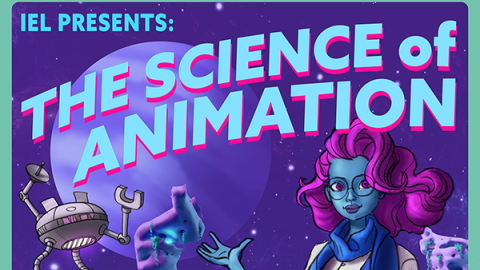
Lorie Hearn
Executive Director and Editor of inewsourceLorie Hearn is the executive director and editor of inewsource. She founded inewsource (formerly called the Watchdog Institute) in the summer of 2009, following a successful 35-year reporting and editing career in newspapers. She retired from The San Diego Union-Tribune, where she had been a reporter, Metro Editor and finally the senior editor for Metro and Watchdog Journalism. In addition to department oversight, Hearn personally managed a four-person watchdog team, composed of two data specialists and two investigative reporters. Hearn was a Nieman Foundation fellow at Harvard University in 1994-95. She focused on juvenile justice and drug control policy, a natural course to follow her years as a courts and legal affairs reporter at the San Diego Union and then the Union-Tribune. Hearn became Metro Editor in 1999 and oversaw regional and city news coverage, which included the city of San Diego’s financial debacle and near bankruptcy. Reporters and editors on Metro during her tenure were part of the Pulitzer Prize-winning stories that exposed Congressman Randy “Duke” Cunningham and led to his imprisonment. Hearn began her journalism career as a reporter for the Bucks County Courier Times, a small daily outside of Philadelphia, shortly after graduating from the University of Delaware in 1974. During the next two decades, she moved through countless beats at five newspapers on both coasts. High-profile coverage included the historic state Supreme Court election in 1986, when three sitting justices were ousted from the bench, and the 1992 execution of Robert Alton Harris. That gas chamber execution was the first time the death penalty was carried out in California in 25 years. In her nine years as Metro Editor at the Union-Tribune, Hearn made watchdog reporting a priority. Her reporters produced award-winning investigations covering large and small local governments. The depth and breadth of their public service work was most evident in coverage of the wildfires of 2003 and then 2007, when more than half a million people were evacuated from their homes. Contact Lorie at loriehearn@inewsource.org.
-
The Robert A. Heinlein Blood Drive is the San Diego Blood Bank’s largest and longest-running event. It began in 1977.
-
Reports of starvation in Gaza raise the questions: Why the hesitation in labeling it a famine? And who are the authorities with the power to make that call?
-
Body-acceptance advocate Katie Sturino and Ronald Young Jr., host of the podcast Weight for It, answer listener questions about body image, weight loss drugs and bullying.
-
Estados Unidos y México han firmado un acuerdo que detalla pasos específicos y un nuevo cronograma para resolver el persistente problema del río Tijuana, el cual vierte aguas residuales a través de la frontera y contamina las playas de California, anunciaron funcionarios de ambos países el jueves.
-
"THREADS" explores the needle arts including weaving, storytelling through quilts and textiles that speak to the creativity of the human spirit. Featuring fiber artists Terese Agnew, Randall Darwall, Faith Ringgold, Consuelo Jimenez Underwood.
-
Questions persist about how Jeffrey Epstein, who once moved among the world's elite, was able to avoid federal prosecution for so long. A timeline suggests some answers.
- California bans masks meant to hide law enforcement officers' identities
- Defense Secretary Hegseth requires new 'pledge' for reporters at the Pentagon
- Trump nominates White House aide to be top U.S. prosecutor for office probing Letitia James
- Earlybirds Club: for ladies who want to get down and also get to bed on time
- Social media is shattering America's understanding of Charlie Kirk's death









